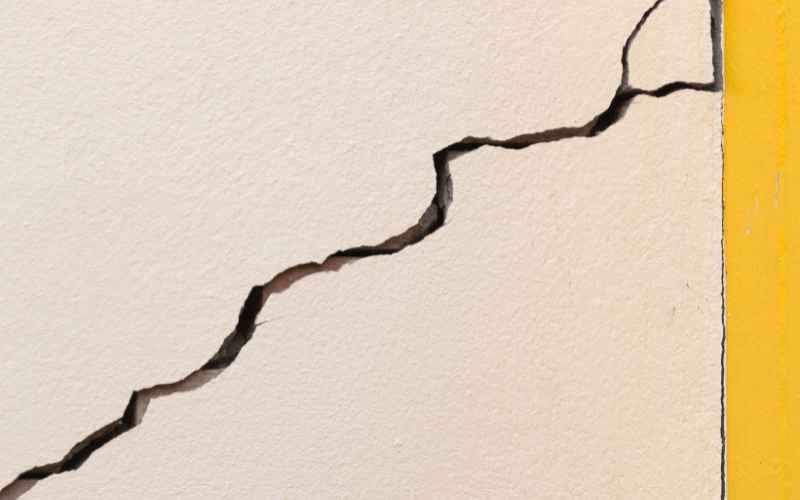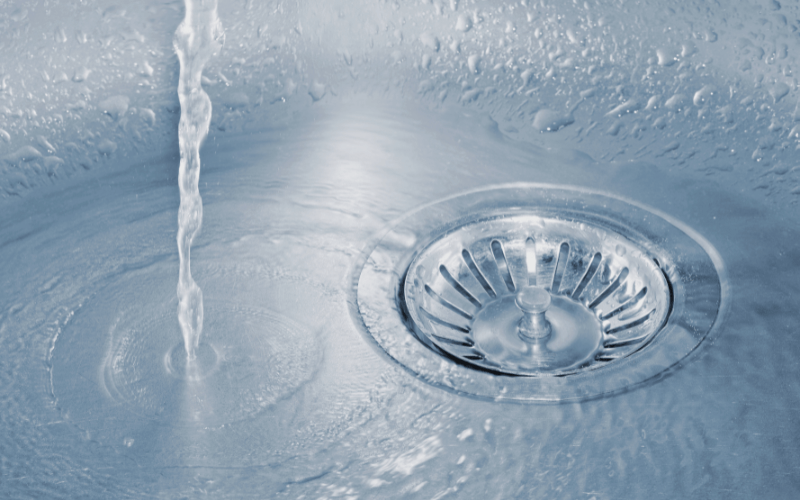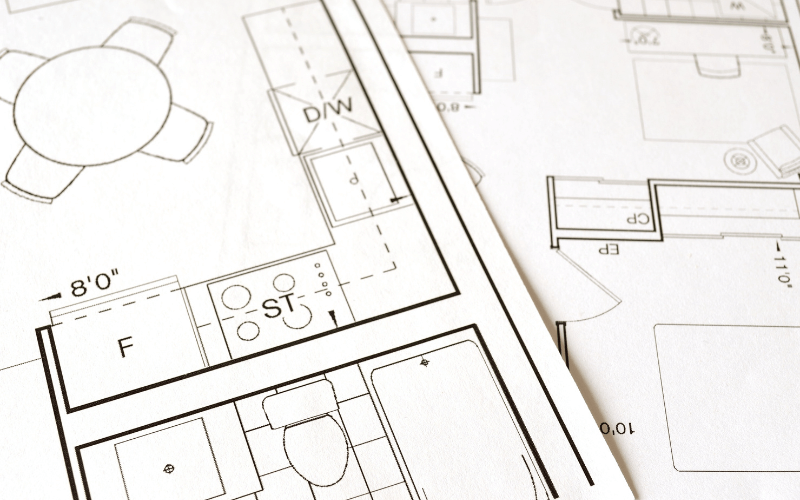Perhaps you’ve noticed signs of blocked drains, such as foul smells or basins emptying slowly. Or perhaps you just want to perform some drain maintenance by cleaning out your drainage system to stop cooking fat or other nasties from creating obstructions in the first place.
In these sorts of situations, you may be tempted to buy a heavy-duty chemical drain cleaner (also known as a drain unblocker or drain opener) from a DIY store, pour it down the plughole and hope for the best. After all, such products are readily available, inexpensive and get to work in less than half an hour. But is a harsh chemical drain cleaner really the ideal solution when you want to improve the flow of wastewater at your residential or commercial property? What effective, non-chemical drain cleaning methods are available instead?
As a leading Bath and Bristol drainage company and Which? Trusted Trader, Mega-Rod is well placed to advise you about how to keep your drainage system working properly. Moreover, we offer an expert drain cleaning service for homes and businesses – without relying on chemicals.
Chemical drain cleaners are sold in the form of liquids or water-soluble powders/flakes and often marketed as intensive, industrial-strength cleaning aids. They’re ‘among the most hazardous household products available to the public’, in Wikipedia’s words.
There are three main types of heavy-duty chemical drain cleaning products, and their active ingredients are volatile, potentially dangerous substances.
Using chemical drain cleaners carries significant risks. People should wear personal protective equipment, including safety goggles, face masks, protective suits and gloves. Properties must be well-ventilated – harsh cleaning chemicals often produce toxic fumes. (And if you call in a drainage expert after trying a drain cleaning product, it’s important to make them aware that chemicals are present so they can protect themselves too.)
These cleaning products can be harmful to your health. If you inadvertently inhale the fumes, you’re likely to experience serious respiratory issues. Splashing drain cleaner on your skin or in your eyes can lead to chemical burns and sight loss. Worse still, ingesting it can be fatal.
The chemicals also threaten the environment. If they escape through leaky drains or sewers, they may pollute groundwater and poison wildlife.
What’s more, they’re strong enough to corrode and warp pipework, as well as kill the bacteria that helpfully break down waste in septic tanks. So your drainage system could end up being damaged by the chemicals intended to clean it.
Chemical drain cleaning products may be convenient, but they’re also controversial. For example, the hazardous ingredients have prompted House Digest magazine to urge property owners ‘to retire your drain cleaner right away’.
Thankfully, there’s a number of safe, reliable, non-chemical drain cleaning methods, and the Mega-Rod Bath and Bristol drainage specialists have many years’ experience of using them.
Another advantage of using our professional Bristol and Bath drain cleaning and drain jetting services is that we can locate and identify the problem using innovative CCTV drain cameras. This enables us to offer a more precise, targeted approach to cleaning and unblocking drains than could ever be achieved with a bottle of chemicals.
For effective, chemical-free drain cleaning, call Mega-Rod today on 01225 422980.









